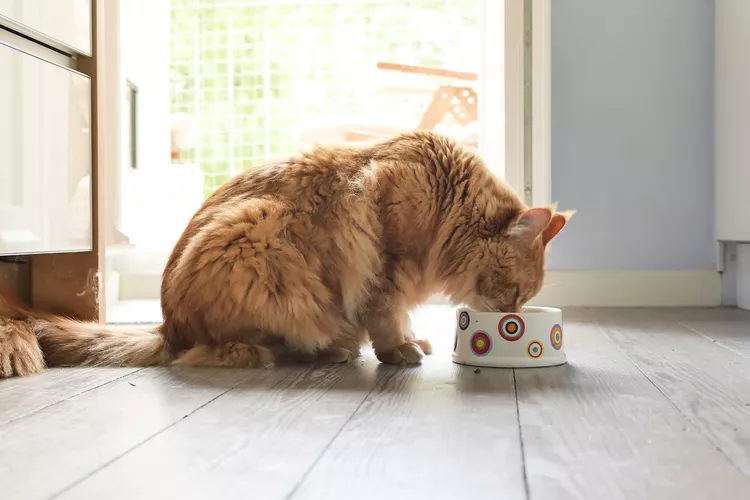
Are raw food diets good for cats? A raw diet requires uncooked animal products instead of regular dry or canned food. Choosing cat food can be overwhelming, especially when we have to worry about commercial pet food recalls.
Some owners choose to feed their cats home-prepared diets to know exactly what is in their cats' food. These home-prepared diets may be cooked or raw, and many owners opt for a raw diet that mimics a cat's natural diet in the wild.
A raw diet for cats involves feeding them uncooked animal products. This includes muscle meat, organ meat, and bones. This type of food is sometimes called the "BARF" diet, which stands for "bones and raw food" or "biologically-appropriate raw food."
The ideal raw diet for cats is prepared based on a carefully designed recipe. Many cat owners choose to prepare these diets themselves at home, but commercial forms are also available. If you choose to feed your cat a raw diet, it should be determined complete and balanced by a veterinary nutritionist. Cats that eat an imbalanced diet are at risk for a variety of health issues.
Felines are obligate carnivores. In short, this means they must eat animal products to survive. Cats don't actually need vegetables and carbohydrates in their diets. In fact, they can only tolerate carbohydrates in small amounts. Instead, cats thrive on high-protein, high-moisture diets that are rich in substances only found in meat. This includes amino acids such as taurine, fatty acids, and other essential vitamins and minerals.
Supporters of raw food diets believe that cooking meat can alter or decrease these vital substances. They advocate for a biologically appropriate diet that closely mimics what a cat would eat in the wild. In general, small wild cats hunt and eat rodents and other small mammals, birds, fish, insects, and even reptiles. When it comes to feeding your cat raw food, the idea is to create a similar diet.
There is much controversy revolving around raw food diets for pets. Those who support raw food diets have much to say about the health benefits: Their coats are shinier, teeth stay cleaner, obesity is prevented, and overall health is better. While these claims tend to ring true, the opposition has valid concerns about the safety of raw food diets.
It is important to know that feeding raw food to your cat does come with some risks. Raw food may contain pathogens like Salmonella and E. coli that can lead to serious life-threatening infections. Cooking food removes most of these pathogens, which is why we humans tend to cook our food.
Cats often digest raw foods better than humans because they have shorter, more acidic digestive tracts. Many pathogens will pass through a cat without causing any issues. Most cats will tolerate raw food, but those with health concerns (such as immune-mediated disease) may need cooked food.
Perhaps the greatest risk of feeding and handling raw meat comes down to cross-contamination. Feeding your cat a raw food diet can expose you and other people in your home to dangerous pathogens. Pathogens may remain on preparation surfaces, food dishes, in cat fecal matter, and even on your cat (especially around the face).
Raw diets should not be fed to cats living in homes with immunocompromised individuals. They should also be avoided in households with young children and/or elderly people.
While it's impossible to eliminate all risks, there are some ways to try to be safer when feeding a raw food diet to your cat:
Bones are another safety concern when it comes to raw food diets. Some small whole bones or pieces of bones can cause complications such as gastrointestinal obstructions, oral injuries, and airway obstructions. If animal bones are included in your cat's raw food diet, they should be ground up well.
One of the biggest mistakes owners make with raw food diets is not making sure the diet is complete and balanced. Some people just feed "all meat and bones" or a wide variety of meats without actually paying attention to the calorie, fat, protein, and nutrient content. Do not assume your cat is getting everything needed for good health by simply feeding it "as much meat as desired." Over time, an incomplete diet can lead to serious health problems for your cat.
You may think that random raw meat is healthy because feral cats and strays can subsist on this, but it's important to remember that wild animals have shorter life expectancies than domesticated pets. Part of this is due to diet. That's why it's important to follow a vet-approved recipe that is complete and balanced.
When developing your cat's raw diet, consult with your veterinarian about recipes that offer complete and balanced nutrition for your cat. Know that many vets will not recommend raw diets due to the risks involved. If you feel strongly about trying a raw diet and your vet is not flexible at all about raw diets, seek out a veterinarian who is experienced with raw diets. Better yet, find a veterinary nutritionist with raw diet experience.
Find an expert to help you develop a complete and balanced diet that will truly benefit your cat. Your vet may also recommend special supplements to ensure your cat gets the nutrients needed to stay healthy.
Ingredients used in a raw food diet may include the following:
You will likely need the following equipment and supplies to prepare the raw diet:
Preparing a raw diet at home can be a bit time-consuming, so most owners prefer to make enough to last several weeks and keep it frozen.
If you are not able to take the time to develop recipes and prepare raw food at home, you may wish to try one of the many commercial raw diets available. Raw diet supporters often consider commercial raw diets inferior to those prepared at home. However, they are considered healthier than feeding kibble.
Commercial raw diets are usually frozen or freeze-dried to reduce pathogens. Remember that safe-handling precautions should still be taken with these diets to prevent cross-contamination. Ask your veterinarian or veterinary nutritionist for help finding the right commercial diet. Make sure it is considered complete and balanced according to AAFCO standards.
If you would like to eliminate the risks associated with raw food but still feed your cat an optimum diet, consider home-cooked cat food. You will still need to find a recipe that is complete and balanced.
Or, choose a high-protein wet cat food made with high-quality ingredients. Most vets and experts now agree that dry kibble has too many carbohydrates to be considered optimum for cats. Fortunately, many wet foods are prepared with few carbohydrates or even none at all. Reducing or eliminating carbohydrates in your cat's diet may increase longevity. A low-carb diet can also prevent health issues like obesity and diabetes mellitus in cats.
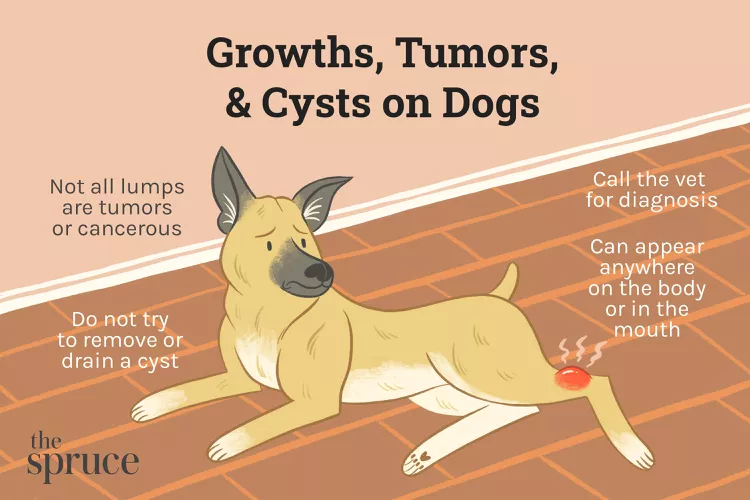
Tumors, Growths, and Cysts in Dogs
Tumors, lumps, growths, or cysts are commonly found on dogs. Learn the causes, treatments, and preventative measures.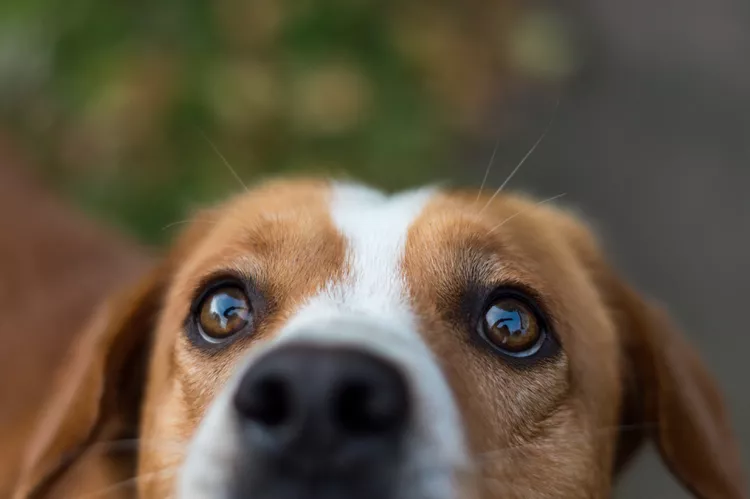
Eye Injuries and Infections in Dogs
Dogs can suffer eye injuries that range from mildly irritating to serious medical emergencies. Learn the causes, treatment, and prevention.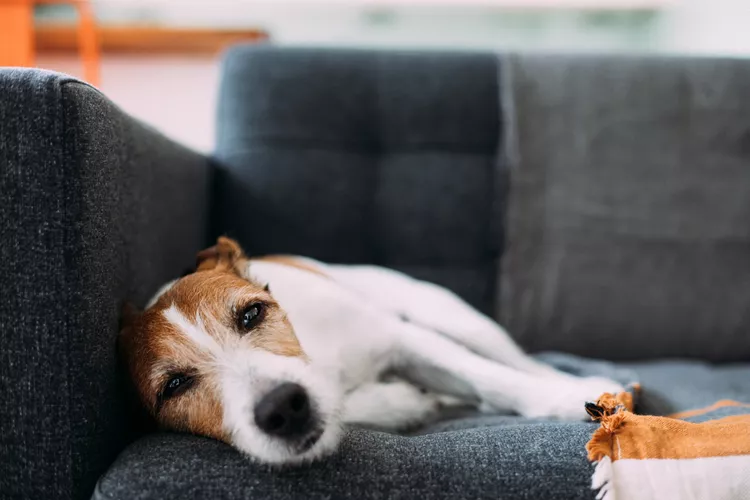
Vestibular Disease in Dogs
Vestibular disease affects a dog's balance and eye movements. Find out about the signs, causes, and treatment of vestibular disease in dogs.
Is Acetaminophen Safe for Dogs?
Acetaminophen is used by humans for pain and fever relief, but is it safe for dogs? Here's what you need to know before giving your dog acetaminophen.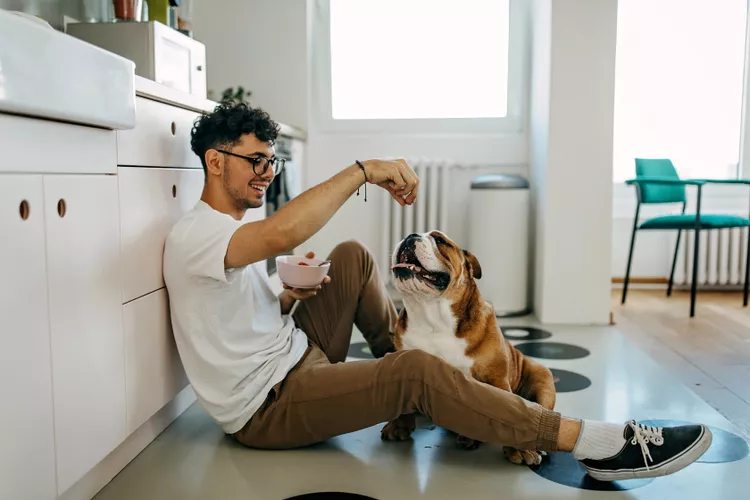
Can Dogs Eat Zucchini? Everything to Know About This Hardy Summer Squash
Zucchini is a nutritious food that's safe for dogs to eat in moderation. This low-calorie, high-fiber vegetable can be incorporated as a healthy treat in a dog's balanced diet. Learn more about its health benefits, potential risks, and how to prepare it.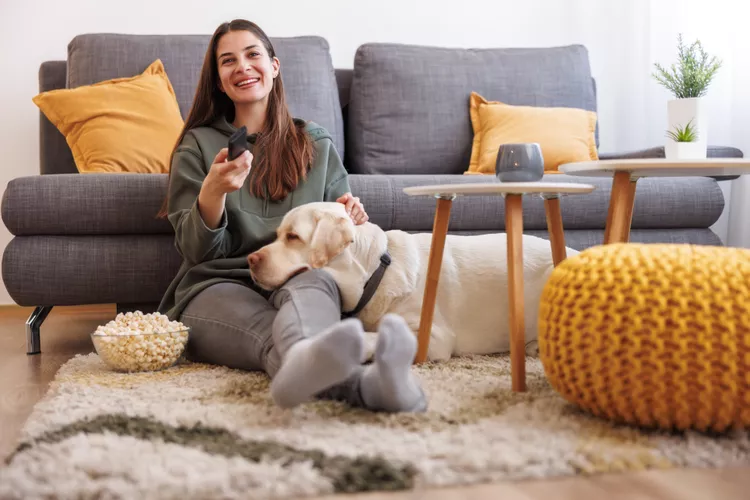
Can Dogs Eat Popcorn? What You Need to Know for Movie Night
Dogs can eat popcorn, but there are safety concerns. Find out how to safely feed your dog popcorn and what you should do if you're concerned.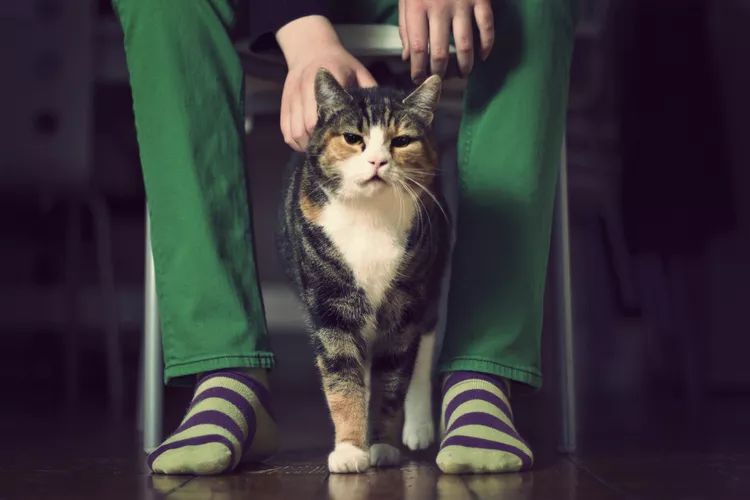
65 Irish Cat Names
Irish cat names can pay homage to historical places, local cuisine, famous Irish actors and musicians, or other wonderful aspects of the Emerald Isle.
46 Egyptian Cat Names
Whether inspired by notable Egyptian deities, locales, or pharaohs, Egyptian cat names can bring out the divinity of your noble feline companion.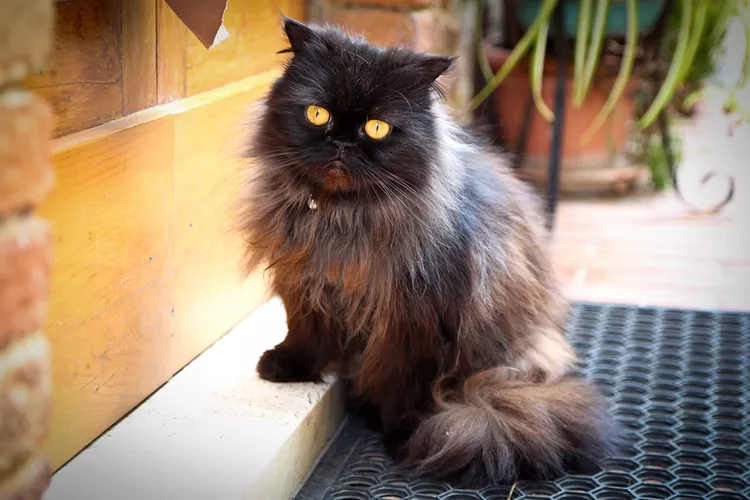
Are Ant Traps Safe for Cats?
Here's how to know if ant traps are safe for cats and how to keep yours free from harm if you have an ant problem.
The 6 Best Cat Nail Clippers of 2024 for a Safe Trim
Clipping your cat's nails can save your furniture and keep your kitty comfortable. We asked veterinarians for their cat nail clipper recommendations.
Is Neosporin Safe for Cats?
A brief summary of concerns a cat owner should be aware of before putting Neosporin on their cat, plus tips for things they can use at home instead.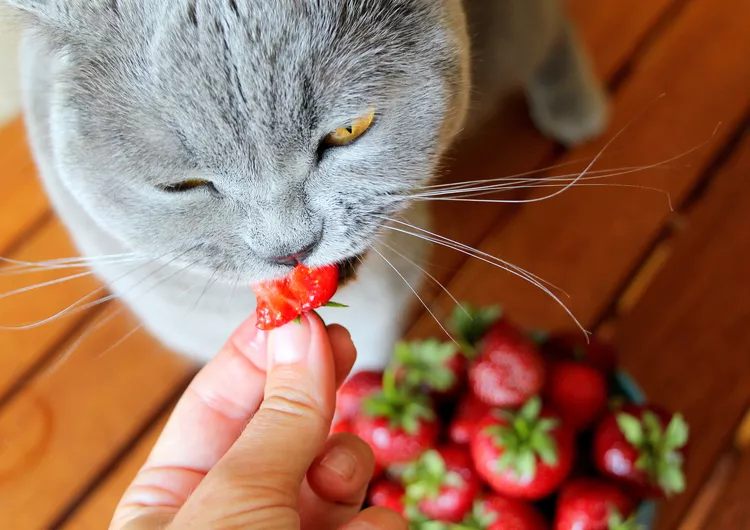
Can Cats Eat Strawberries? How to Safely Share This Summer Berry
Although cats are primarily meat eaters, strawberries may be an interesting and tasty snack for your feline friend. Find out the risks of feeding strawberries to cats and how to safely let your cat enjoy this fruit.
Cute Pictures & Facts About Calico Cats & Kittens
Learn fascinating facts about calico cats, including photos, the genetics behind this color combination, and common folklore and traditions.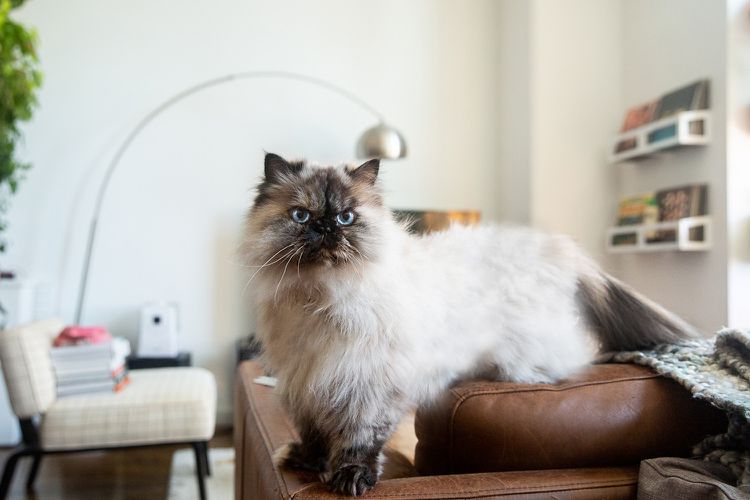
12 Most Popular Cat Breeds for Feline Lovers
These 12 cat breeds, like the Siamese and Sphynx, are known for their unique appearances and personalities. Learn what makes them so popular.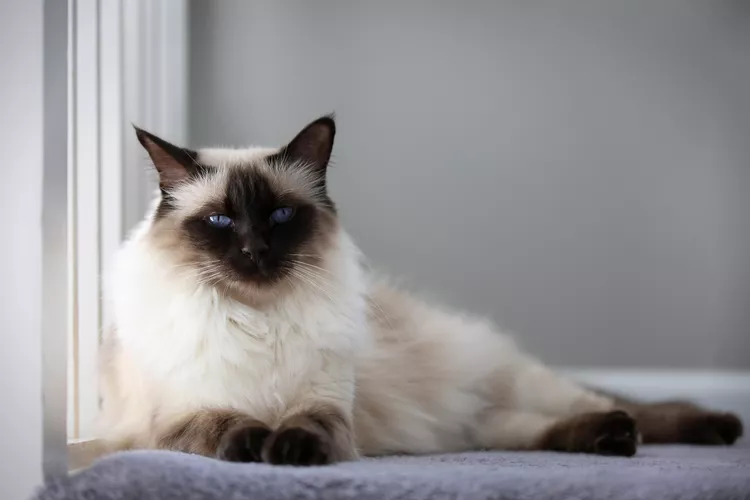
Balinese: Cat Breed Profile, Characteristics & Care
The Balinese cat is playful, sociable, elegant, intelligent, and a touch on the vocal side. Learn about the Balinese, including appearance, temperament, health, and care needs.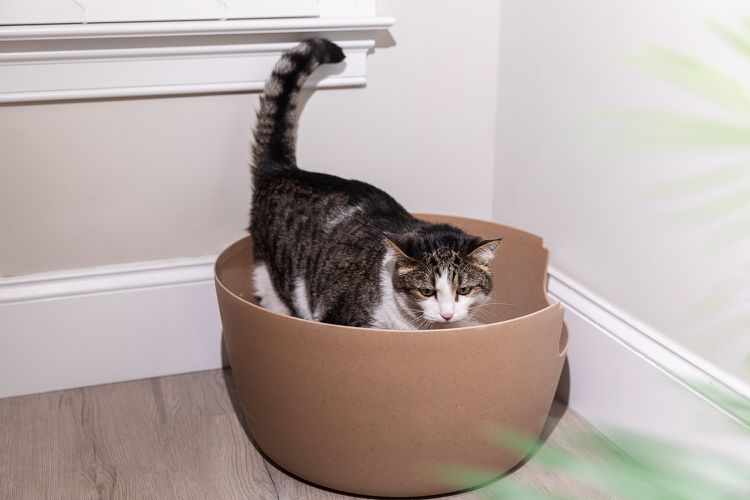
Why Cats Don't Always Cover Their Poop
Cats may not cover their poop for a few different reasons, including being territorial, sending a message to their owner, and not liking the litter.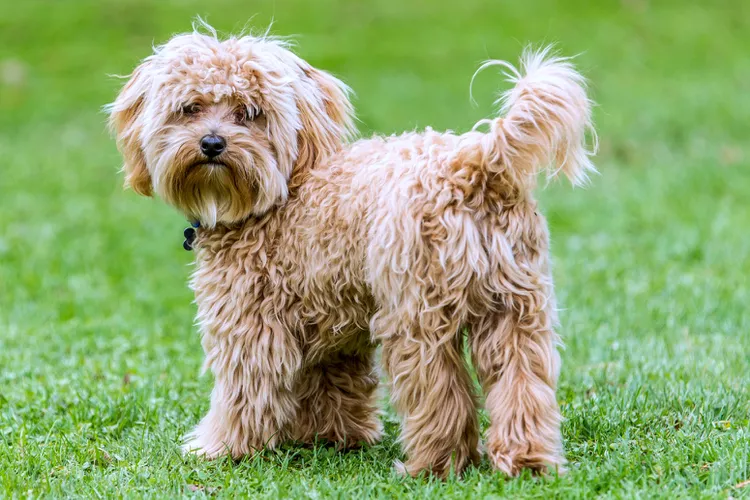
Cavapoo: Dog Breed Characteristics & Care
The Cavapoo is a hybrid of the Cavalier King Charles spaniel and a toy or miniature poodle. Learn why these teddy-bear-looking dogs make the perfect addition to your family.
Why Dogs Eat Poop and How to Stop Them
Is your dog eating poop? Some dogs do this because of stress or illness. Learn how to prevent stool eating, or coprophagia, in dogs.
Can Dogs Get Depression? How to Help Your Sad Dog
Can dogs get depression? Learn about the signs of depression in dogs and find out how to help your sad dog.
4 Reasons Why Your Dog Licks Their Butt
Butt-licking in dogs can be a part of normal grooming, but excessive butt-licking is not normal. Read about the most common reasons for this behavior.